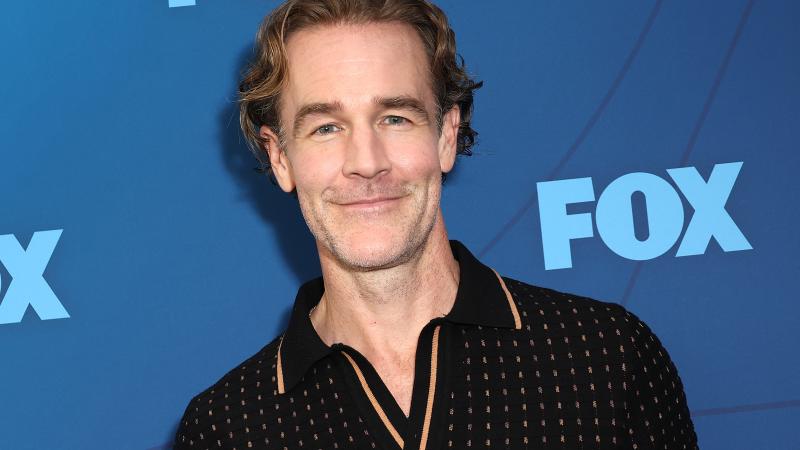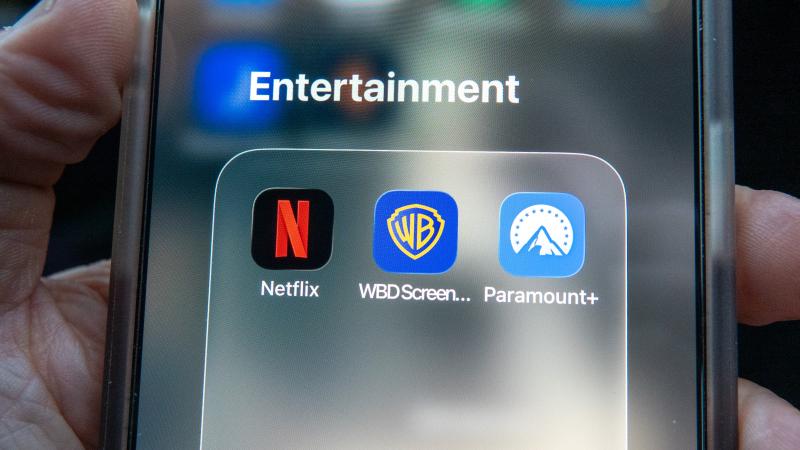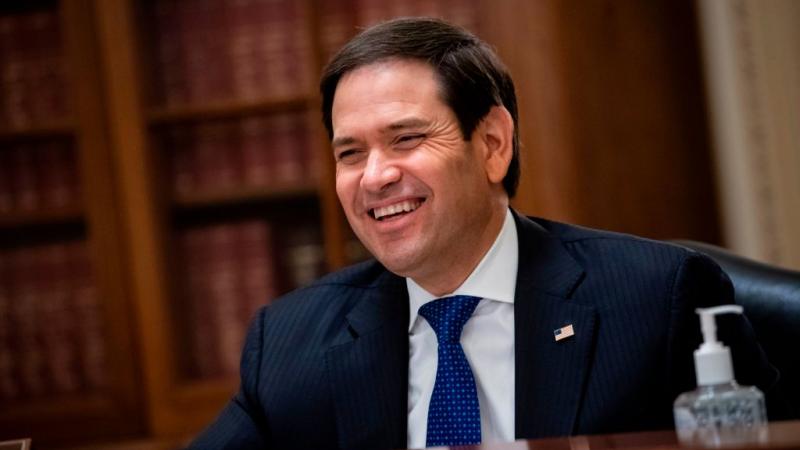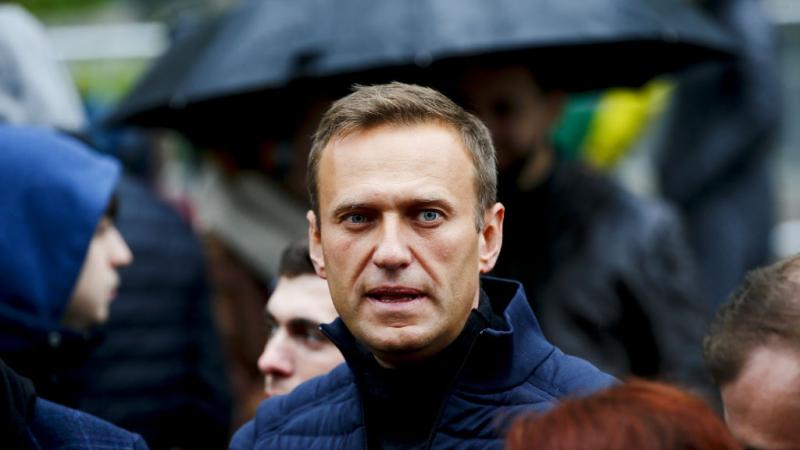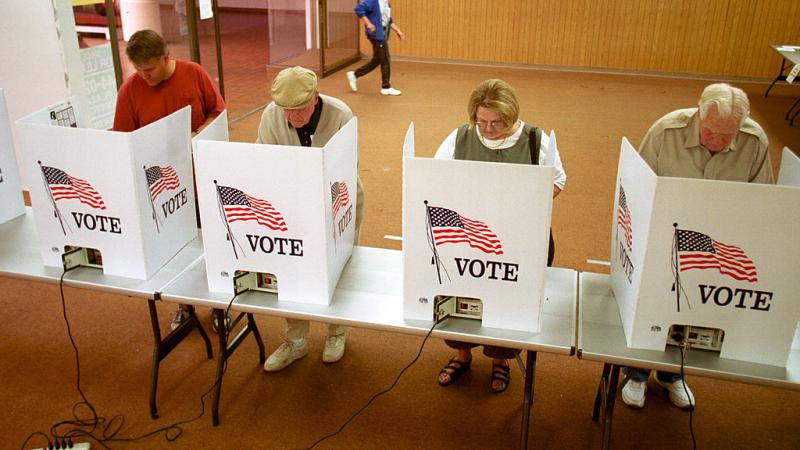Amid social distancing, economic paralysis, one industry is thriving: internet porn
'The fact that kids are at home more, may be using technology more, means that parents need to be even more vigilant,' says Enough is Enough CEO Donna Rice Hughes.
Even as public health measures to contain the spread of coronavirus have laid waste to much of the American economy, there is one type of business that has thrived during this crisis: the internet porn industry.
“They’re making a lot more money and getting a lot more traffic,” Laila Mickelwait, the director of Abolition for Exodus Cry told Reuters News Agency.
Pornhub, one of the leading adult entertainment sites typically sees about 120 million visitors a day. Now, it’s up to roughly 134 million. A big reason for the spike came in March during the beginning stages of the near-worldwide quarantine. The organization offered to make its premium content free for certain European countries on the premise that the move would encourage people to stay indoors. The increased numbers followed: In Italy, traffic increased 57%; in France it was 38%; Spain clocked in with a 61% increase in viewing. Even in America, where the premium content is not yet free, viewership is spiking with data showing a roughly 6% daily increase.
Unlike decades past, more and more Americans are now concluding that pornography is not so bad. A 2018 Gallup poll shows 43% of Americans think it’s "morally acceptable," which is up seven points from the previous year.
Adult pornography is legal in America, but what is illegal and more concerning and dangerous is the sexual exploitation of children on the internet. The amount of photos and videos of children being sexually abused is more than double last year’s, now standing at over 45 million.
“Sexual predators and sex traffickers ... are looking for vulnerable children constantly,” Donna Rice Hughes, CEO of Enough is Enough, told Just the News in a podcast interview for The Pod's Honest Truth with David Brody. “Where kids play predators prey, and so the fact now that kids are at home more, they may be using technology more, means that parents need to be even more vigilant.”
The disturbing images of children being sexually and violently abused can be found in all sorts of places; from Facebook Messenger to search engines to the Dark Web. But legal adult websites like Pornhub are also under major scrutiny. Critics say they have not taken steps to remove images from their site of child rape and sexual abuse.
Pornhub denies the charges. “The measures we take make us far more regulated than any other major user generated platform,” a Pornhub spokesman told Reuters. “Any allegation that we aren’t taking this seriously is categorically false.”
Still, last month, Senator Ben Sasse, R-Neb., the Chairman of the Senate Judiciary Subcommittee on Oversight, called on the Department of Justice to investigate Pornhub after allegations surfaced that the site is showing videos of sex trafficking victims.
“Pornhub’s incredible reach has a much darker side than the image of harmless fun that it tries to project,” Sasse wrote in his letter to Attorney General Barr. “In several notable incidents over the past year, Pornhub made content available worldwide showing women and girls that were victims of trafficking being raped and exploited.”
This legal fight to curtail and ultimately attempt to shut down adult porn websites has been going on for decades. There are federal obscenity laws on the books that explicitly state how it is “illegal to sell and distribute obscene material on the Internet.” And when it comes to minors, the Department of Justice states that “convicted offenders generally face harsher statutory penalties than if the offense involved only adults.”
Yet a crackdown on obscenity hasn’t materialized under the Trump Administration. “We have got to get these laws enforced, because we're the top producer and distributor of this content in the world,” Donna Rice Hughes told Just the News.
The focus right now among advocacy groups is to put pressure on the department to allocate resources to the effort. In the late 1980s under the first Bush administration, Barr was a lawyer at the Justice Department and was instrumental in pushing for the prosecution of obscenity cases. During that period, seven large porn distributors were put out of business. But the politics changed in the 1990s, and the prosecution of federal obscenity laws dropped 86% under President Bill Clinton, according to Morality in Media.
There was a renewed anti-porn push under Attorney General John Ashcroft in the early 2000s during the second Bush administration. This was followed by another interval of lax enforcement under President Obama, as Attorney General Eric Holder disbanded the Justice Department’s Obscenity Prosecution Task Force in 2011.
Even though the federal government hasn’t fully enforced the country’s obscenity laws, individual states are making their own statements. More and more of them over the years are declaring pornography a “public health crisis,” even though the resolutions that have passed don’t have any legal teeth in them. In February, Alabama become the 16th state in the country to give it this distinction joining Arizona, Arkansas, Florida, Idaho, Kansas, Kentucky, Louisiana, Missouri, Montana, Oklahoma, Pennsylvania, South Dakota, Tennessee, Utah, and Virginia.
The Facts Inside Our Reporter's Notebook
Links
- The Sun: Pornhub accused of exploiting pandemic to boost site traffic
- Decider.com: Pornhub traffic explodes
- 2018 Gallup poll: More Americans say pornography morally acceptable
- New York Times: Internet overrun with images of child sexual abuse
- Reuters: Pornhub denies allegations of abusive content
- The Hill: Sasse call for DOJ investigation into Pornhub
- Sasse letter to AG William Bar on trafficking victims in internet porn
- DOJ Citizens Guide on US Federal Law on Obscenity
- ABA Journal: End of the net porn wars
- Morality in Media release: Federal obscenity law enforcement drops 86% under Clinton
- Ethics and Religious Liberty Commission article on non-enforcement under Obama
- CNSNews report on states recognizing porn as "public health crisis"

